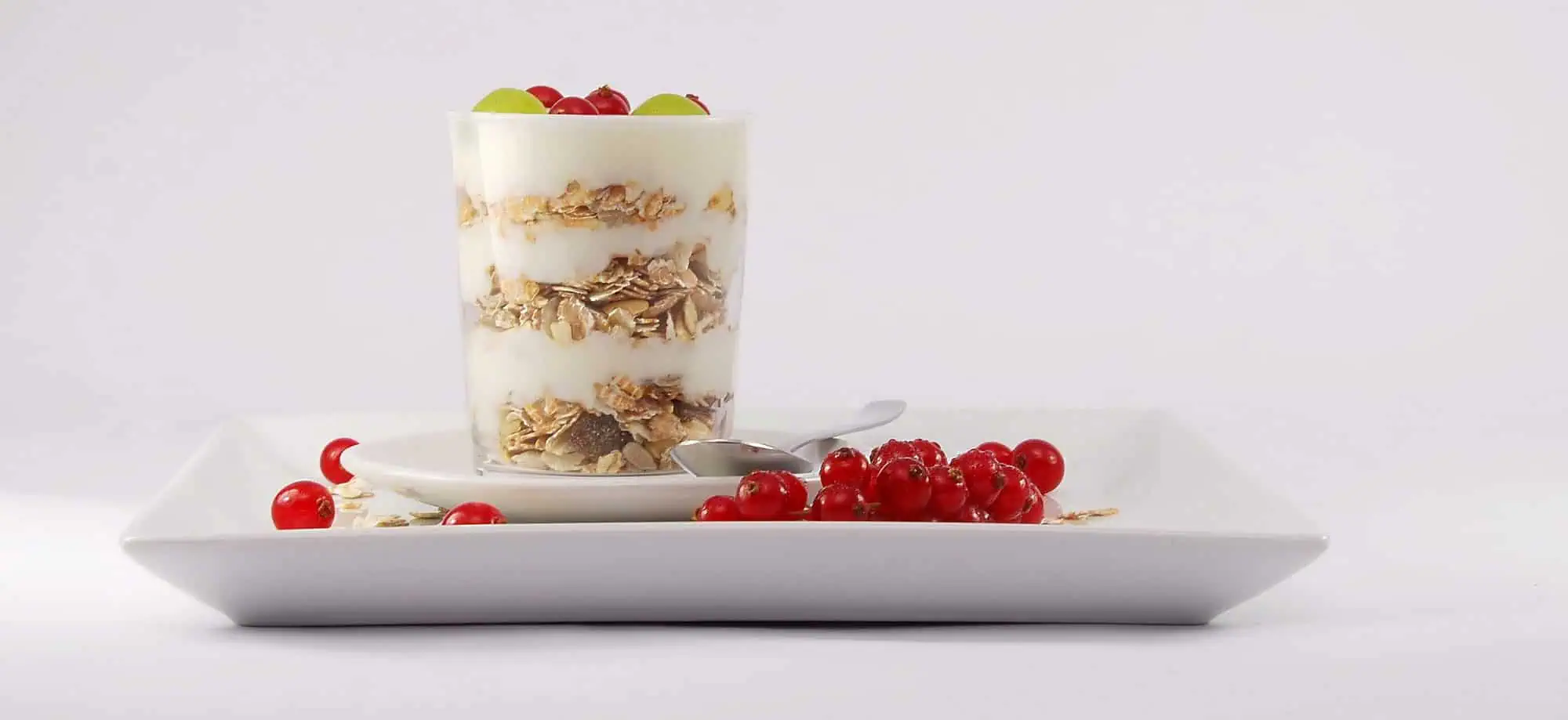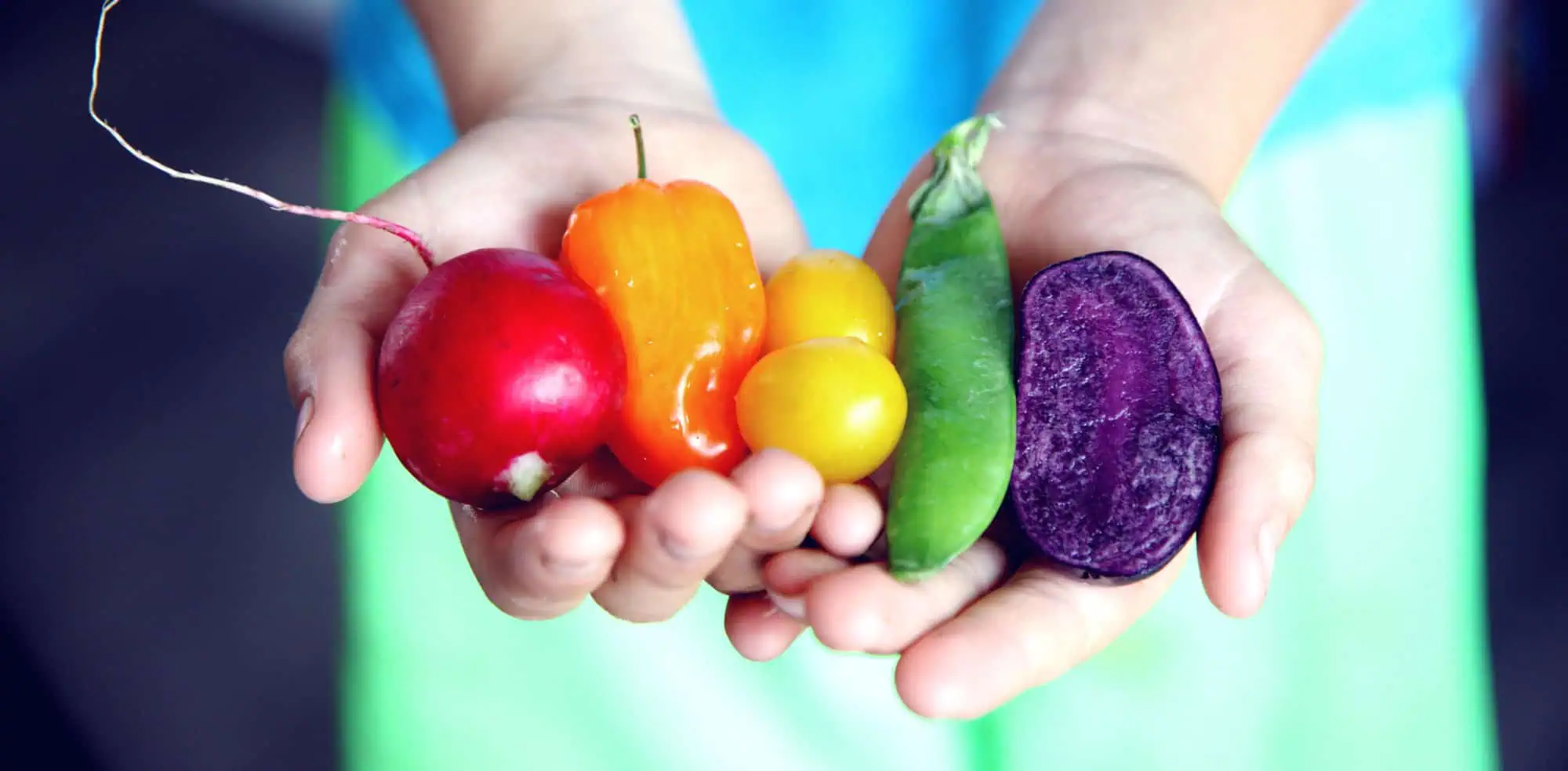The topic of diet and breast cancer is an immense field of active research. A simple search of the US National Library of Medicine for articles about the effect of diet on breast cancer finds over 4000 articles. The same search for preventing breast cancer shows over 2400 studies. To do this justice would take a deep dive and a lot of time.
But if I had only a couple of minutes to give my best three tips to prevent breast cancer via diet and eating it would be:
You have probably been told that breakfast is the most important meal to drive your energy and accomplish your day. But did you know it is also the most important meal to get your daily “prevent defense” going to stop breast cancer? Well it is.
The two key foods in that plan are fiber and yogurt. Both have as their primary role to build a strong, healthy microbiome. The microbiome is the collection of bacteria that make up your GI tract. Did you know they out number all the “human cells” in your body by 10 to 1. So eating to take care of them, so they can take care of you, makes sense. So the one-two punch for a healthy microbiome is fiber plus a fermented food, like yogurt. Let’s discuss them separately.
Dietary fiber or roughage is the portion of plant-derived food that cannot be completely broken down by human digestive enzyme. Grains, cereals, etc. are all good fiber sources. There is a portion that is “soluble” and a portion that is “insoluble.”
A 2016 Harvard study of over 90,000 women who had different dietary fiber patterns and were followed for 20 years showed that women who had high fiber diets (28 grams/day) compared to low fiber diets (14 grams/day) had a 25% reduced risk of breast cancer. The research showed it was especially important to start good habits in the adolescent years. A good high fiber cereal can give you 50% of your needs in one bowl.

What about yogurt? A 2017 study from the Roswell Park Cancer Institute, in New York, showed a 39% reduction in breast cancer among women with high intake of yogurt. Why? We are not sure but one interesting theory is they can break down the estrogen in the gut as it circulates back to the liver to be reused. This would lower blood levels of estrogen, which we know is related to a reduction of breast cancer. The benefit here is with yogurt with live bacteria; either homemade or commercial live or active yogurt. Pasteurized yogurt has all the good microbes killed.
A multivitamin. There are definitely some folks who question the need for an oral multivitamin with the American diet but my philosophy is: it’s cheap insurance. Since several of the vitamins, especially the B-series, are helpers that are involved in DNA repair and DNA repair is needed to correct the many common mistakes that can lead to cancer, it’s important to be sure you have enough. Key detail: most multivitamins have either folic acid or folate as the form of B9 but this is not the one you want. What you need is methyl-folate (full chemical name is 5-methyltetrahydrofolate (5-MTHF)), which is made in the body from folate, but up to 30% of women don’t have the right genetics to do the conversion well. So be certain you have the sure-proof version, methyl-folate. In a 2014 review of the literature, there was about a 10% reduction in breast cancer with vitamin supplementation. In women with BRCA1 genes, which prevent DNA repair, a 55-61% reduction in breast cancer was observed with folate supplementation.
First let’s get the “800-pound gorilla in the room” out of the way. Namely, fresh, red meat and processed meat raise your risk of breast cancer about 10-20% and there is no way around it. So if you love red meat, eat it like they do in Asia, as a “condiment-like” portion to a largely vegetable meal.
With respect to vegetables, an interesting 1999 study from the University of Colorado compared DNA damage in women on diets with fruits and vegetables from a few botanical groups (the usual American diet) and diets with fruits and vegetables from 17 different botanical families defined by their biological diversity. The latter diet showed a significant reduction in all markers of DNA damage, exactly what you would want to prevent breast cancer.
In a similar vein, a 2015 clinical study compared the Mediterranean Diet with extra-virgin olive oil (MD+) to a control diet (advice to reduce dietary fat) in 4282 women for the incidence of breast cancer over a 4.8 year period. There was a 68% reduction in breast cancer with the MD+ diet compared to the control diet. That is quite dramatic!

Fasting, whether defined as a reduction of normal calories by about 60% at meals taken at the normal times over the course of the day or time restricted fasting, in which a normal calorie (or slightly reduced) diet is taken over a short period of the day, yielding a period of 13 to 16 hours of fasting with no food, may be the most significant single thing you can do to improve your overall health, including preventing breast cancer.
The reasons are complex and many are not well understood. One thing that is understood is that cancer stem cells are stressed by fasting in a way that normal cells are not. It can also serve to quiet the immune system. Finally, it does wonders to your glucose control and pre-diabetic tendencies, which are known to work against cancer initiation.
In one study of 2413 women with breast cancer, those women who fasted less than 13 hours a day had a 36% increase in recurrence and a 21% increase in mortality. Every 2-hour increase in fasting improved biomarkers of diabetes, which are themselves related to breast cancer risk.
Many researchers believe stretching from 13 hours of fasting a day to 16 is the optimal pattern.

